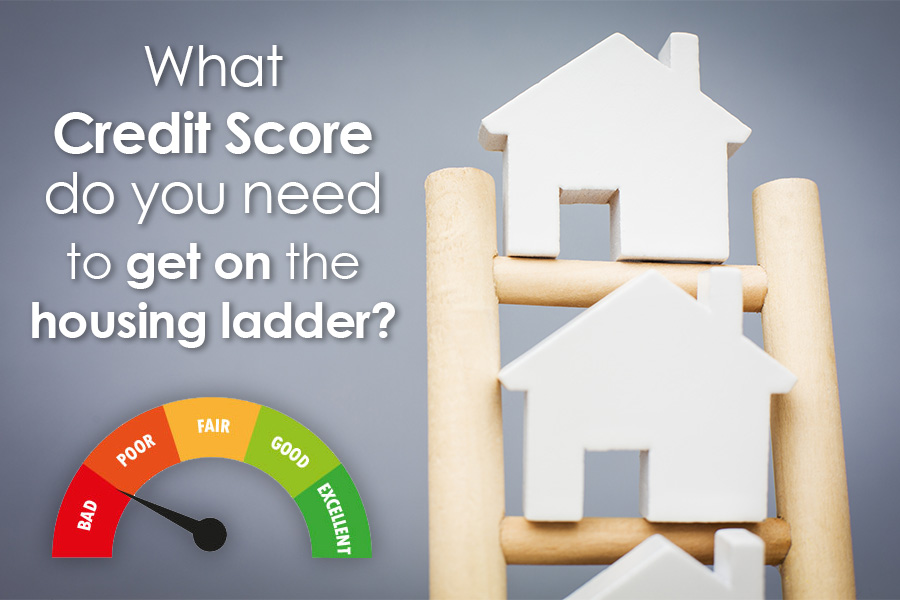Having poor or bad credit doesn’t always mean you won’t get a mortgage, but it can affect the options available to you.
When a mortgage broker or lender assesses your application they gather information in relation to your credit, they may ask you to forward a credit report or request permission for them to run a report from one of the credit reference agencies to obtain your credit score. This will look at your payment history and any issues you have had in the past.
A very good or excellent score from a credit reference agency suggests an increased likelihood that a high street lender will accept your mortgage application, which means you’ll have more and better deals available to you. If you credit score is low or shows you have a poor score it will be harder to find a lender and you may have to look at more specialist lenders.
Can You Get a Mortgage or Remortgage with Bad Credit?
It is possible to purchase a house or remortgage with bad credit or a low credit score, but your choice of lenders will be reduced and the options available to you will depend on the nature of the bad credit and how recent it was.
For example, we still may be able to find you a suitable lender if you were previously declared bankrupt but it was discharged a few years ago, or you only had CCJs or default due to a few missed credit card or mobile phone provider payments.
If you suspect you could have bad credit or a low score, it is important to talk to a Mortgage Specialist who will be able to obtain a copy of your credit file and look at the options. It may be that you will have to wait and improve your score to allow you to purchase a property or remortgage.
How Credit Scores work
Your credit score is a 3-digit number based on your borrowing and financial behaviour. There are a number credit reference agencies where you can obtain your report, and the reports are normally categorised as very poor, poor, fair, good, very good or excellent.
Things that affect your credit score can include:
- Missing mortgage payments
- Regularly maxing out credit cards
- Receiving CCJs (county court judgement) or defaults
- Paying bills late or not at all
- Relatively high levels of debt
- Not registering on the voters roll
- Entering into an IVA (Individual Voluntary Agreement) or Debt Management Scheme
- Not having much of a payment or credit history – i.e. not building up a record of regular, punctual payments
How Can you Improve your Score?
No matter how close you are to applying for a mortgage, it’s worth taking steps to improve your credit score. This will improve your chances of being approved for a better mortgage, as well as other financial products in the future.
Ways to improve your credit score include
- Avoid any late payments on any outstanding debt and continue to pay your bills on time.
- Keep your credit card balances below 30% of your total credit limit. For an even better effect on your credit, keep them below 10%.
- Close any unused cards.
- Register on the voters roll.
- If your credit is low obtain a major credit card and start using it regularly. Ensure you keep up regular payments or repay in full any balance.
Clever Mortgages have experience and expertise in complex and difficult cases and can find the best lenders for your circumstances. We can also provide useful information about managing your credit while you are planning to apply for a mortgage and buy your first home.
Contact us today on 0330 232 0285 or visit www.clever-mortgages.co.uk for more details.



